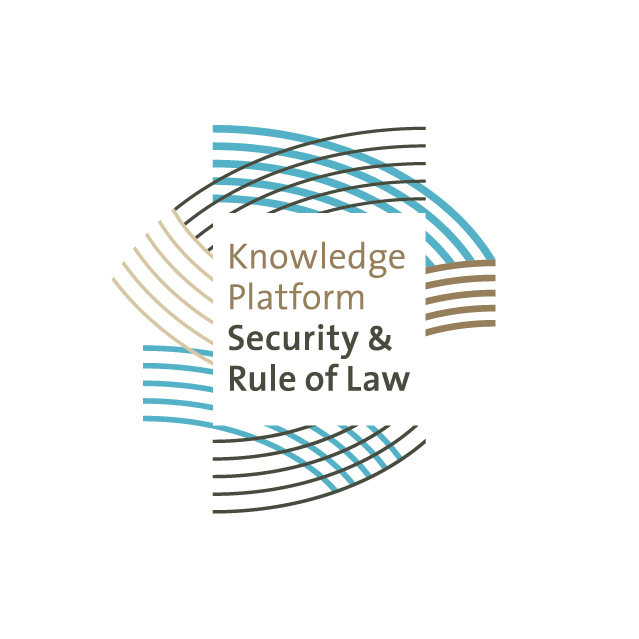Even with the recent bad news from Mali, Jean-Herve Jezequel, Senior Analyst at the International Crisis Group is optimistic: in a preview of a new ICG report at a lunch meeting at the Knowledge Platform Security & Rule of Law, he explained how he believes the tide is changing, and set out four key issues for reform.
| Read more? Platform publications on Mali are grouped under the tag #SRoLMali |
A narrow escape
In Summer, the situation in Mali came very close to disaster. The peace agreement reproduced the shortcomings of earlier agreements and events proved these weaknesses, with fighting resuming in the north. Under international pressure, the Malian President managed to calm the situation, and the warlords and drug dealers involved in the fighting engaged in a series of low-profile peace talks.

New optimism
With discrete support by the international community, the peace talks in Anefis led to the first successful ceasefire in two years. Levels of intercommunal tension remain high and civil society is very much divided along the same lines. Some groups that have not been included in the agreement remain active. However, with the ceasefire, albeit fragile, there is something to build on, and a sense that something can be done. There are also limited positive signals in the capital, Bamako.
Four key issues
The agreement comes with risks and opportunities. The risk is that it will be a return to the previous regime, with fighting now halted “because it is bad for business”, only to give the warring groups time to recuperate and then resume violence. Jezequel also sees an opportunity: to implement the agreement as a tool for reform in the north. Reform should address four key issues:
- Demilitarizing the north to deal with the heavy militarization of society and politics. Focus should be on removing the heavy weapons and integrating militias into the national army, in which the militias may also have an interest now that hostilities have ceased. This does mean that the vicious cycle of militias being integrated into the army only to desert when hostilities resume, somehow has to be broken. And the Malian government has to be convinced that its ‘divide and rule’ strategy for the north is not in its own benefit.
- “Bring the money to the population”: learning from past failures, funds should be directly channeled to local organizations and authorities – in parallel to continuing support to the central government. Even with local corruption there is a high chance the funds will be invested locally, and in this way the population will be better able to see where the money goes and to hold their leaders to account.
- The government of Mali should focus less on asserting its authority, and more on proving its utility to its citizens. In the end, its authority will increase if it increases its utility to citizens.
- The feeling of lack of justice: development is not the number one issue and poverty is not the main factor. It rather is people’s access to services: justice, healthcare, education, with people saying “We are not poor, we are angry.”
Islamist groups
Is the influence of Islamist groups growing? Jezequel pointed out that the international community currently tends to read everything through a lens of radicalism: this obscures the fact that there are other developments, and that things are moving. Some groups that have been excluded from the peace process are active, and enjoy local support. It is important that these groups are engaged in the political dialogue at some point, because they reflect local grievances. In fact, individuals who are part of these groups and navigate between militia, jihadist groups, and military, may be very difficult to engage, but might prove very useful.
Photo credit: 27 July 2013, UN Mission in Mali via Flickr, A Malian soldier patrols the perimeter






